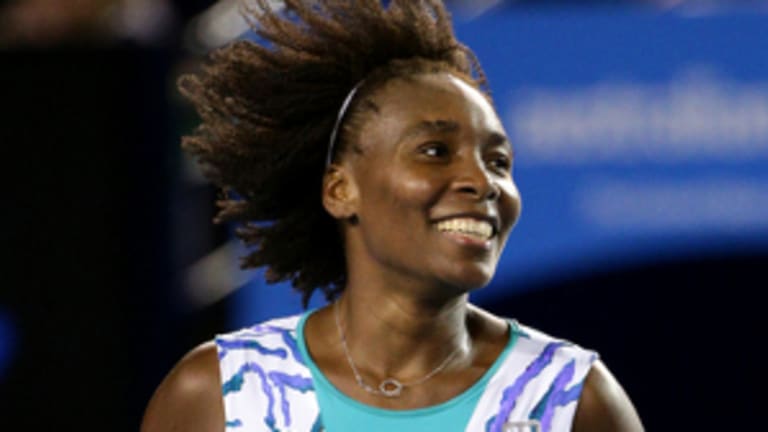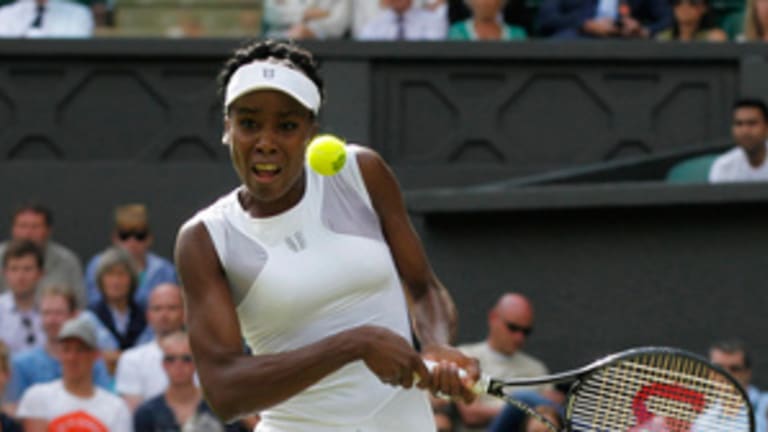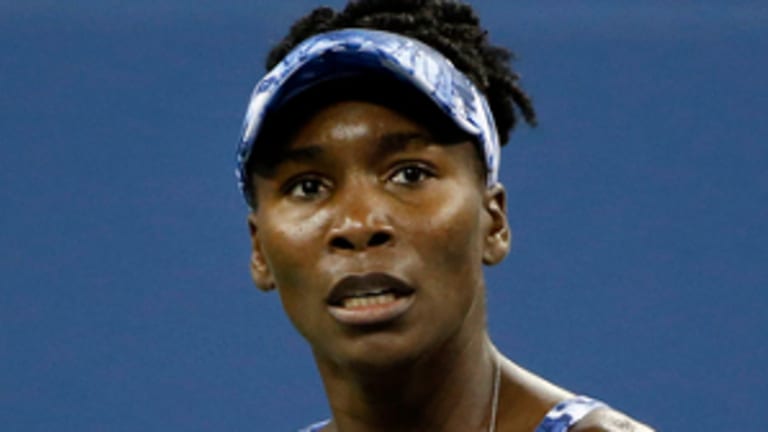Age. It's the bane of every athlete's existence, the true Grim Reaper for the body of people who make a living running and jumping, swinging bats and racquets. If you're lucky, you still have half a life (or more) to live when it gets you, but it probably won't be a life as poignant, bittersweet, challenging, or rewarding as your first.
Lately, tennis players have been winning the war with age. Roger Federer, 17-time major champion, is still spry and competitive at age 33. A few weeks ago, 33-year-old Serena Williams surpassed Chris Evert and Martina Navratilova with her 19th Grand Slam singles title and became the second oldest woman, after Navratilova, to win a major. She continues to be the oldest woman to hold the No. 1 ranking.
Ivo Karlovic won Delray Beach last week at age 35. Tommy Haas is 36 and preparing for yet another comeback. Flavia Pennetta just celebrated her 33rd birthday and remains in the Top 20, while 44-year-old Kimiko Date-Krumm, ranked No. 106, remains on the cusp of direct acceptance at Slams.
But perhaps nobody has cheated age quite as resourcefully as a 34-year-old who ranks second on her family tennis ladder, Venus Williams. She's in the throes of a late-career renaissance that, come July, could conceivably net her a sixth Wimbledon title, seven years after she won her last.
That's a highly speculative suggestion, of course, not least because Venus was pretty much written off by all but her most diehard partisans when she was diagnosed in the summer of 2011 with the auto-immune disease Sjogren's Syndrome. The symptoms of Sjogren's include joint pain and increased vulnerability to fatigue—not exactly the most manageable of burdens for a professional tennis player.


